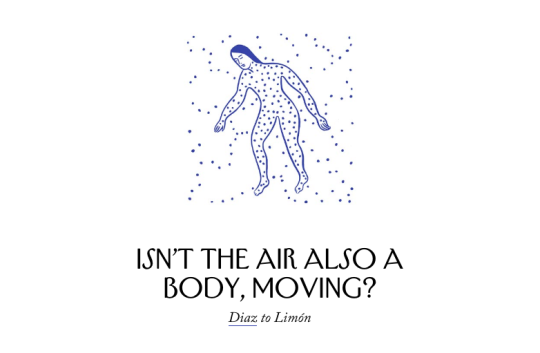Render Song
If I woke up in Antarctica, would you come for me? Down there in the middle. The magnetic fields are weakest at the poles, so it’s strange that I would go to them. A bird knows not to fly over that sort of anomaly.
“I’m here for some reason, I don’t know,” that’s what you said. You wore the short green dress with a belt around your waist. Your hair was short that winter, “half the length and twice the comfort.” When we sat on the balcony and watched the boats, you also said, “we’ll never be rich, but we’ll be happy.” I would never wander too far with any intention. You knew my intention was rarely intentional.
When we danced, it was a loose shuffle. It was late by then and the songs were chosen to reinvigorate us. Our souls, maybe? Souls full of dance and booze. Your hands were the soil, your eyes the sun. I lingered in them like a pelican in a sanctuary lagoon. “Weird,” I know. Your smile was the softest moon. “Shut up.”
I woke up in Canada once, not sure if you heard. It was in Vancouver, the north bit near a ferry terminal. The radio was set to a local jazz station and my eyes were on the verge. There must have been twenty cars ahead of mine. I felt each of us straining on the edge of a continent, holding back before the drop into the sea. Our fingers pressed into the cushioned walls between us. In seven days, I would fall asleep again. You’d be gone and I’d fall into the quiet place before you.
Is it seven days in a week? What if it was a thousand? A thousand days to indulge in feathered travel. We could have gone to Barbados, or Moab. We could have seen those seven wonders. “They’re not that great,” you said, “but it’s worth seeing what the fuss is about.”
In your heart, I died. In my heart, I’m cloudless. We walked home with the air around us frigid and the air between us a river’s roar. My foot, your knee, my neck, your ribs. “It’s just a fold of skin,” you said, but I traced the space between your arm and hip looking for a miracle or two.



